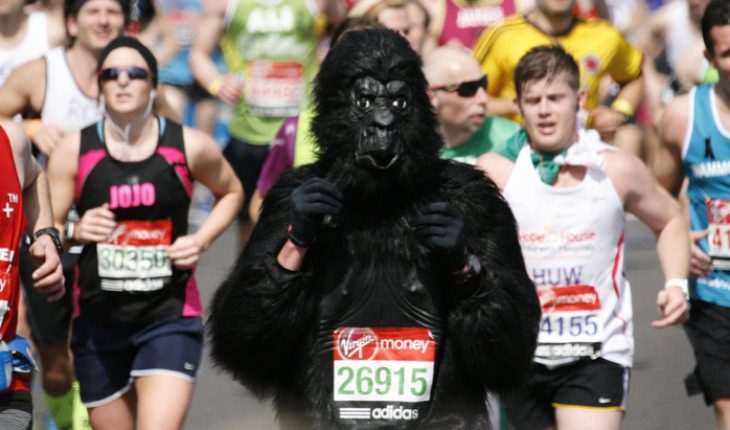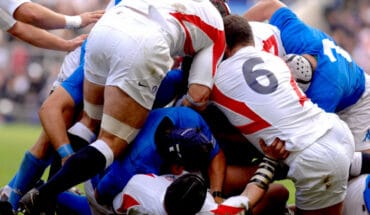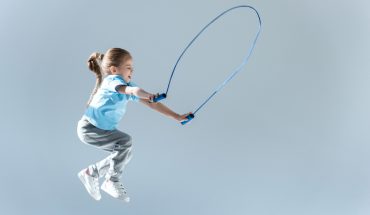The exceptional April heatwave has meant that the London Marathon organisers have said runners are not to come in fancy dress this year. Here Emma Hammett of First Aid for Life discusses what you need to know to run the The Virgin London Marathon safely this weekend.
What to wear:
Correct clothing for the weather:
Check the weather forecast and make sure you choose clothing that is not only appropriate for the predicted weather conditions, but also sportswear that will be most comfortable for the long run ahead. Make sure you’ve run a long distance in the kit you wear on the day, so that you know it’s comfortable. Whilst you’re running, you’ll be warm – but as soon as you stop, you’ll cool right down … and very quickly too! Always accept the foil blanket offered to you as you cross the finish line. Ensure someone has warm clothes at the finish line for you and wrap up as soon as you can. Seams can also start to rub as the miles go by, so avoid wearing clothes with seams that might cause friction burns.
Fancy dress:
Think very carefully if you are planning to wear fancy dress and ensure you don’t overstress yourself. It may seem like a good idea to run the whole route dressed as a unicorn, a giant toilet or the back half of a pantomime horse – but you may regret it after a few miles. It can get hot, uncomfortable and after a while, your costume may become a heavy burden. Maybe have someone part way round the route that you can give some of your outfit to, just in case it’s getting too much. Make sure that you have suitable running kit underneath, if you’re considering this though!
Footwear:
It is vital that your feet are comfortable too, so don’t be tempted to get new trainers immediately before Marathon day. Wear trainers you have worn in and know are comfortable. Also make sure that the socks you choose are comfortable and fit really well. If there is rain (or snow) forecast, ensure your shoes have sufficient grip.
Nipple bleeding and chafing:
If you are prone to chafing apply petroleum jelly or anti chafing talc and it may be helpful to cover your nipples with plasters. If your nipples bleed when training; wash and dry them carefully and then cover with a breathable plaster. Sometimes, nipple bleeding may be due to more serious problems. If in doubt, consult your doctor.
Blisters:
If you get a blister and the skin is still intact, do not be tempted to pop it. Cover with a proper blister plaster and ensure there are no wrinkles in socks that are contributing to the rubbing.
If the blister is broken or likely to break; cover with a clean, dry, non-adhesive dressing that extends well beyond the edges of the blister. Alternatively apply a blister plaster.
To avoid blisters, ensure you are wearing shoes that are worn in and comfortable.
What to eat:
Eating high carbohydrate foods like bread, rice, pasta, cereal and potatoes the day before will help you to keep going through the Marathon day. On the morning of the race, choose another slow burning food that you have eaten before similar length training runs, such as porridge, bagels, toast and peanut butter. Never try anything new immediately prior to the actual Marathon, stick to what you have already tried and tested.
What to drink:
Drink sufficient amounts of fluid to remain hydrated, but don’t drink too much or too fast as this can cause Hyponatraemia and make you seriously ill. Initial symptoms of Hyponatraemia are similar to dehydration, but this lack of sodium and salt imbalance can cause seizures, coma – and can be fatal. Sports drinks are thought to be better than pure water for runs longer than an hour, as they help you to maintain your salt balance. So, drink small amounts regularly during your run, but avoid drinking for 45 minutes prior to the race. Many people advise to drink a gel within the first few miles as if you leave it until you are struggling, it may make you feel sick.
Cramp:
Cramp is a common problem caused by the build-up of lactic acid in the muscles but this can be avoided by maintaining sufficient levels of salts and fluids and remaining well hydrated. Drink sports drinks during the race and include salt in your normal diet a few days prior to the race.
The importance of a warm up/cool down:
Take time to warm up and stretch thoroughly before the race and don’t forget to cool down too, with further stretches when you have finished. You are likely to get cold quickly after the race, so accept the foil blanket offered at the finish line, as this will help you to retain your body heat.
Heat Exhaustion:
The weather at this time of year is unpredictable and it could be boiling hot – or snowing! If it’s a hot day and you begin to feel sick, get a headache or cramps, feel dizzy and sweaty; you may be suffering heat exhaustion. Heat exhaustion is serious, so it is important that you get help as soon as possible. If you are training, lie down in a shady spot with your legs raised, take regular sips of a sports drink and ideally call someone to come and be with you and get medical advice.
If you are running the Marathon and develop the symptoms of heat exhaustion, listen to your body and rest for a while. Get checked out by the medical support who are available all the way along the route and only resume with their say so.
Knee joint injuries:
If you injure your knee; lie down carefully supporting your knee in a relaxed raised position. Do not try to walk on your injured leg or straighten your knee.
Don’t eat or drink anything in case you need an anaesthetic and seek medical attention quickly.
Sprained ankle:
As with knee joint injuries, don’t be tempted to try and continue to weight-bear on an injured ankle. Listen to your body and seek help from the first-aiders there. Rest, apply a wrapped ice pack and let someone assess the injury properly before moving.
Most importantly, we hope you stay fit and healthy – and enjoy every moment of this fantastic day. Well done for putting in so much effort and a huge thank you to all those runners who have raised money for extremely worthwhile causes. You definitely deserve the medal you’ll get as you cross the finish line!
- What is a seizure? - 13th March 2025
- Febrile Convulsions and Seizures in Children - 13th March 2025
- Why women are less likely to receive CPR or survive cardiac arrest - 6th March 2025







